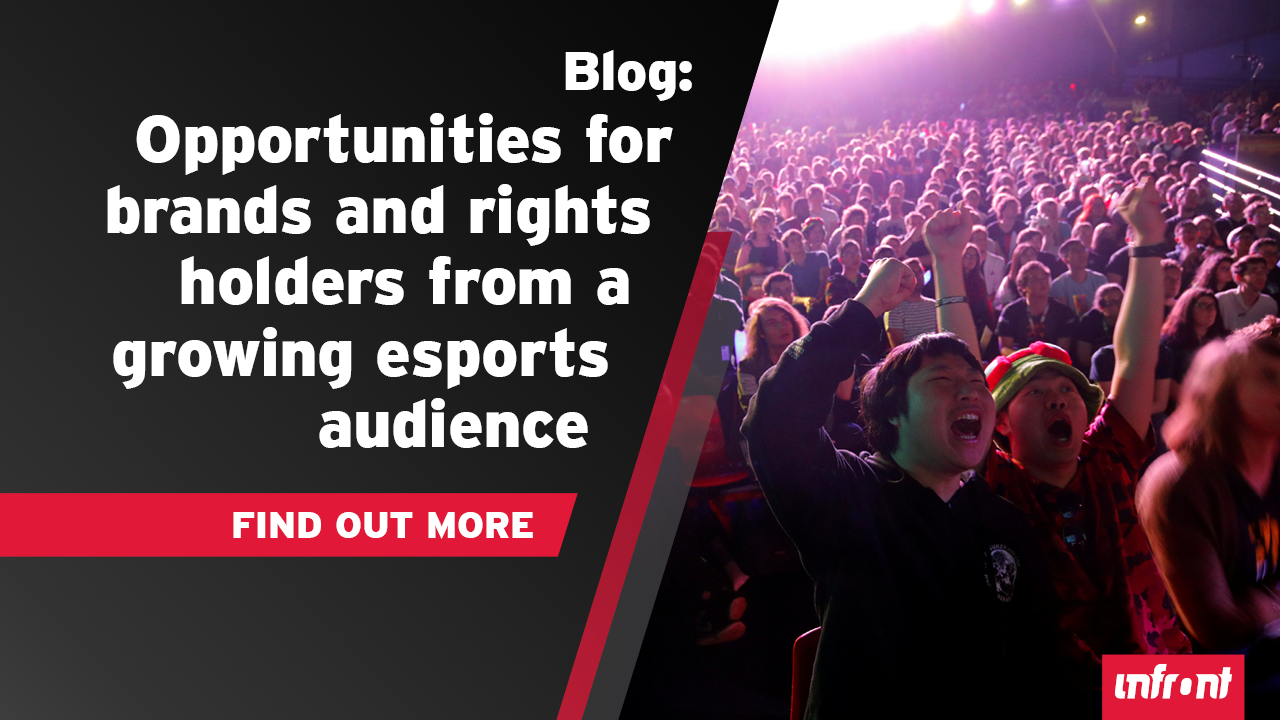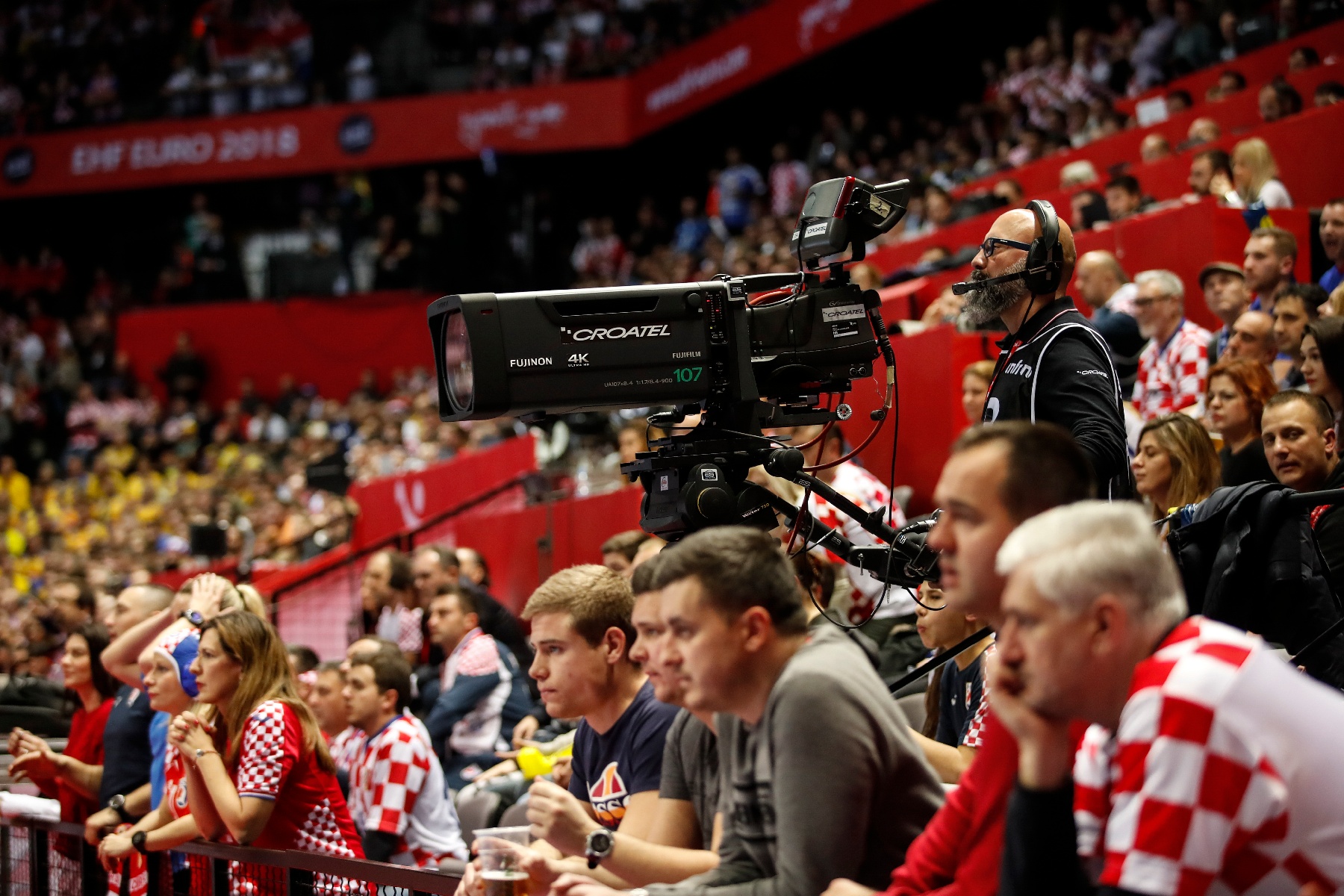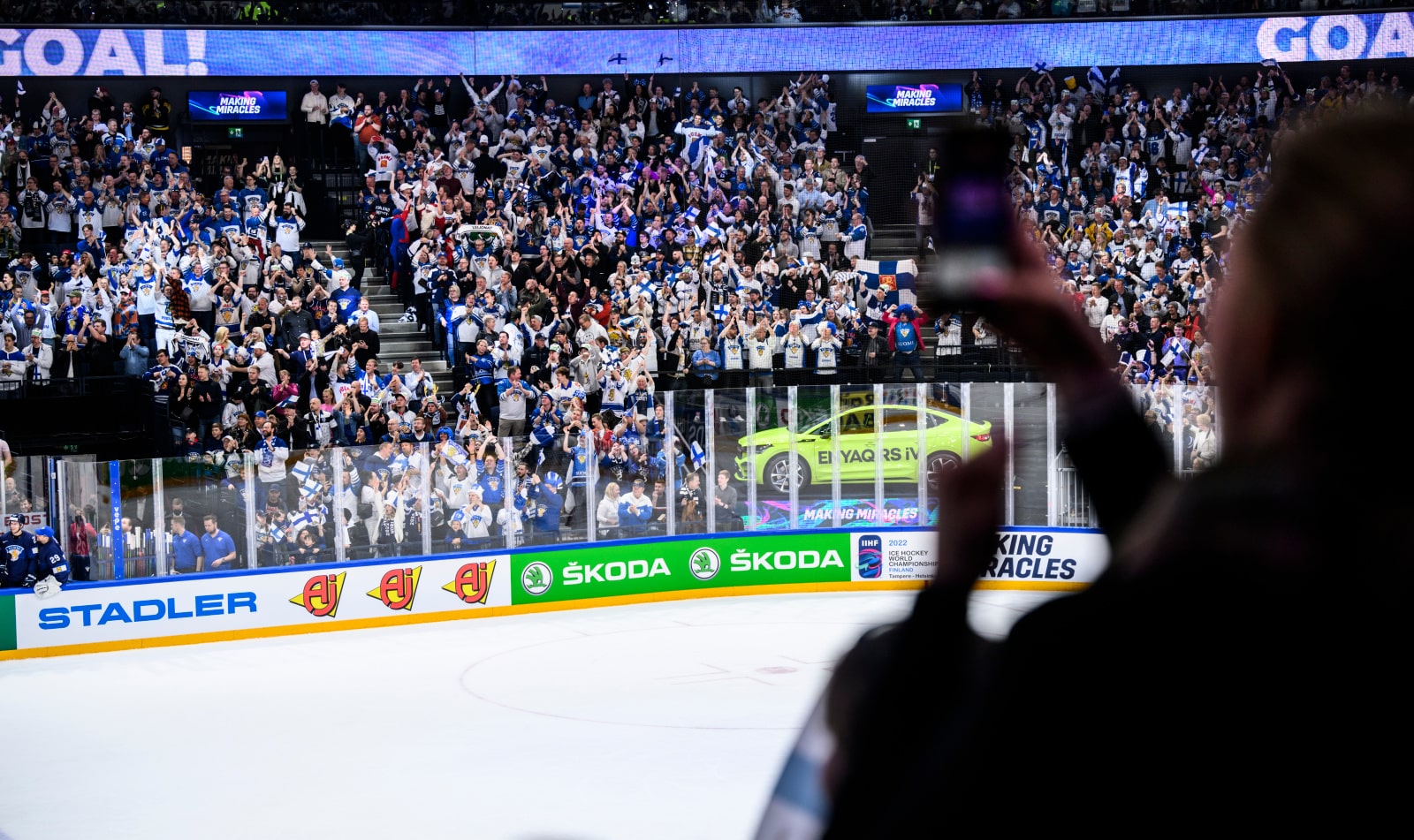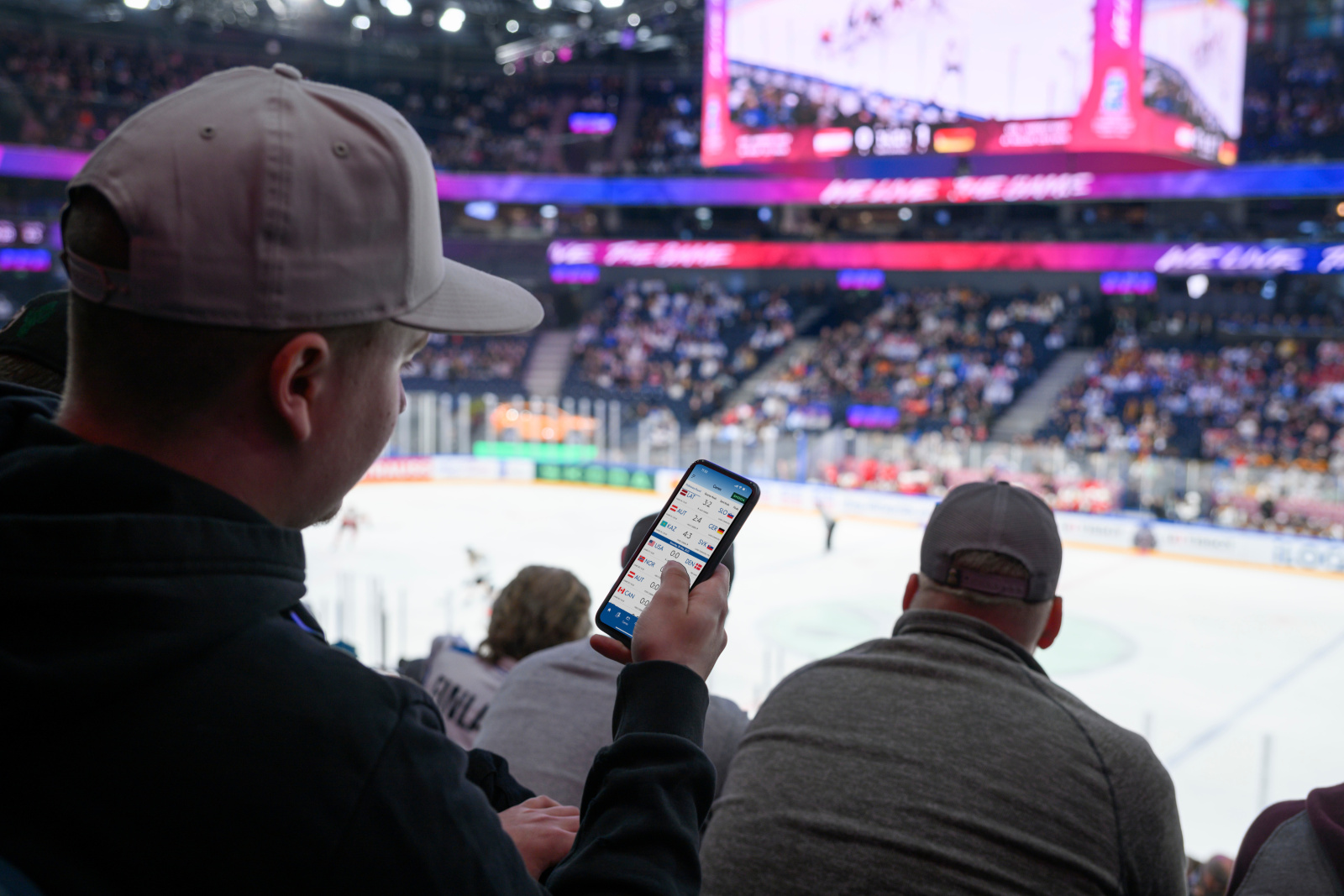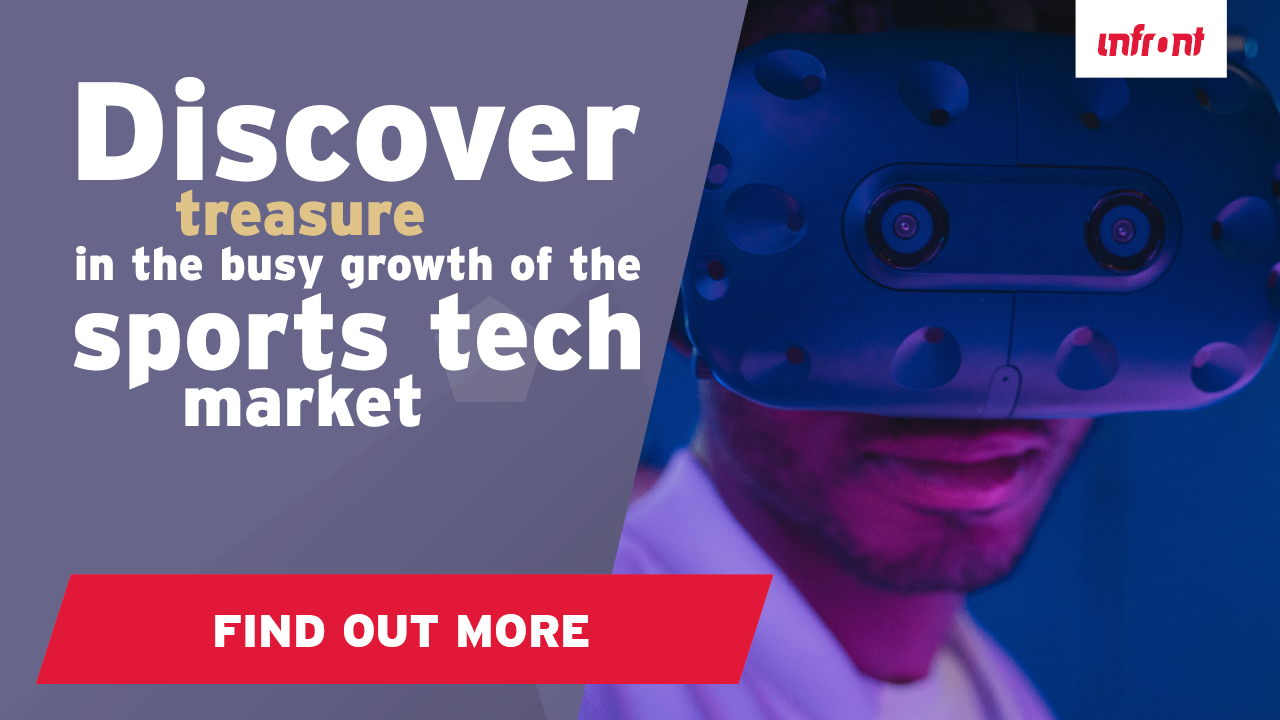It’s becoming vital for rights holders and brands to voyage into the esports ecosystem, but the terrain can feel alien. The good news is that help is at hand.
It’s hard to ignore esports. The global market is set to top US$1 billion this year, according to gaming research firm Newzoo. Esports is now also a critical gateway to digital natives: A recent survey showed that Gen Z is more interested in esports than Major League Baseball, NASCAR and the NHL in the US.
For those more used to the traditional sport world, however, esports might seem like a strange galaxy. In unfamiliar territory, it helps to have an expert guide.
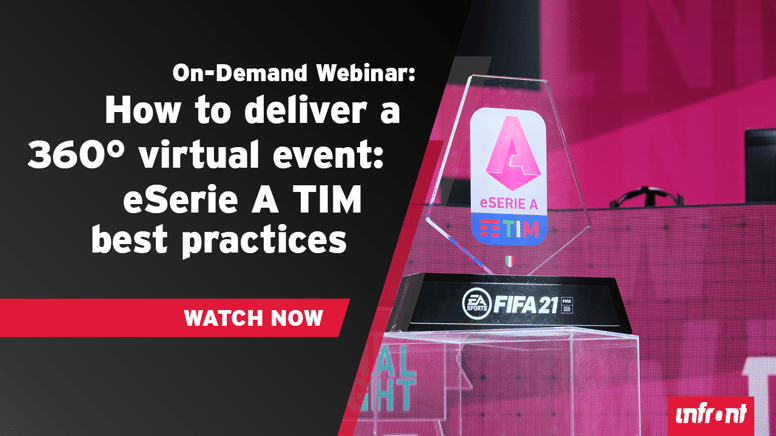
Different landscape, familiar patterns
In esports, just like tennis or football, there are fans, players, teams and competitions and service providers. There are rights holders, competition organisers, platforms and brands. The expanded role of video game publishers – which own the rights to games – represents the main difference between esports and traditional sport.
Who owns the rights?
Publishers such as Riot Games and Activision are the primary “rights holders” in esports – they own esports properties such as League of Legends, Call of Duty or Valorant. Their influence runs beyond the traditional sports concept of rights holders, however, as they also operate as solely commercial brands that develop new games and compete against each other in the same space.
Who organises competitions?
Leagues and tournaments are organised by game publishers, third parties and/or sports rights holders. They can be integrated within gaming infrastructure, global or regional in design, and staged purely online or with ticketed events. Esports is highly interactive, offering incredible opportunities to connect with fans and create innovative content.
Who plays esports?
Professional esports athletes earn income from prize money and sponsorship and can participate in teams such as FOKUS CLAN and MKERS. These entities are backed by investment from brands, entrepreneurs, sports clubs and entertainment houses. As in any other sport, pro players provide visibility and credibility for brands. Amateurs – often also esports fans – can compete in open competitions.
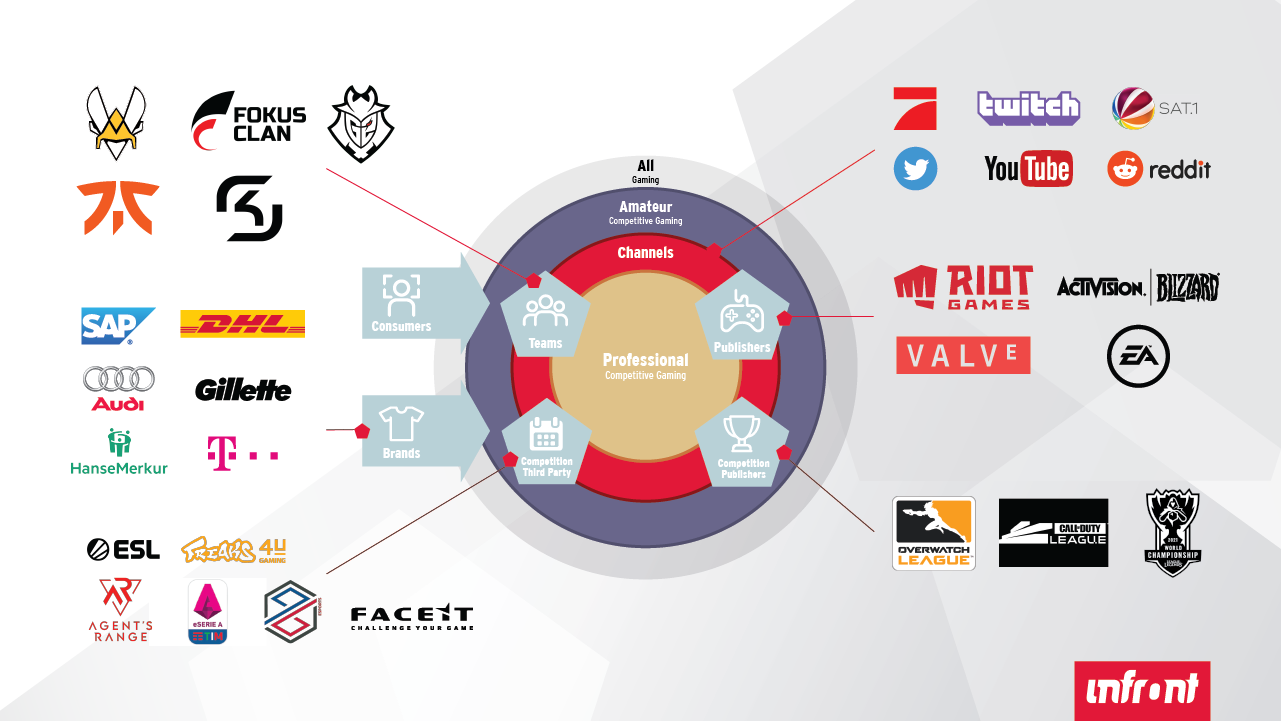
How do fans tune in?
The major platforms are interactive social media hubs such as Twitch or YouTube, where esports organisers, brands, athletes and fans create their own channels and generate content. To give some context, in 2020, YouTube Gaming clocked more than 100 billion viewing hours. Unsurprisingly, the demand for media rights is intensifying as traditional broadcast companies also enter the market.
While the action has a natural home online, esports really comes to life at physical events, where fans, organisers, brands and competitors combine to create incredible live atmospheres. This is one area where rights holders and brands from the traditional sports world can carve out competitive advantage, tapping into extensive expertise in live events to create unforgettable experiences.
Where do brands fit in?
Much like other sports, brands can build different types of partnerships to increase awareness and engagement. Competitions, teams, players, events, apparel, merchandise and channels all attract investment. Where “endemic” brands used to hold sway, “non-endemic” brands such as BMW and Nike and are starting to dominate. Indeed, all kinds of brands are investing heavily in esports: cryptocurrency platform FTX recently signed the largest sponsorship deal in esports history with the TSM esports organisation – a 10-year naming rights partnership worth US$210 million.
A partner for success
While there are some parallels with sport, a successful entry into esports requires a clear understanding of the unique esports ecosystem. Working with an expert partner with the network, experience and tools to unlock value is, therefore, essential.
As a leading partner in both traditional sport and esports marketing, Infront is perfectly positioned to help rights holders and brands design successful journeys in esports.





